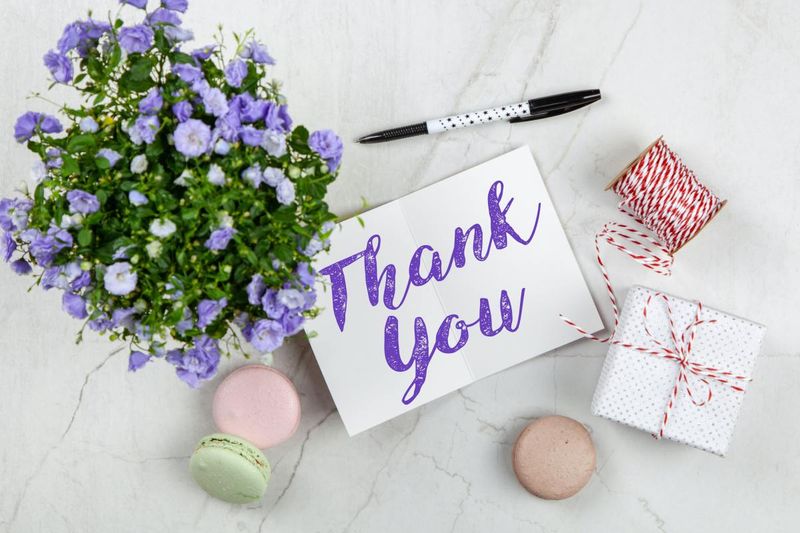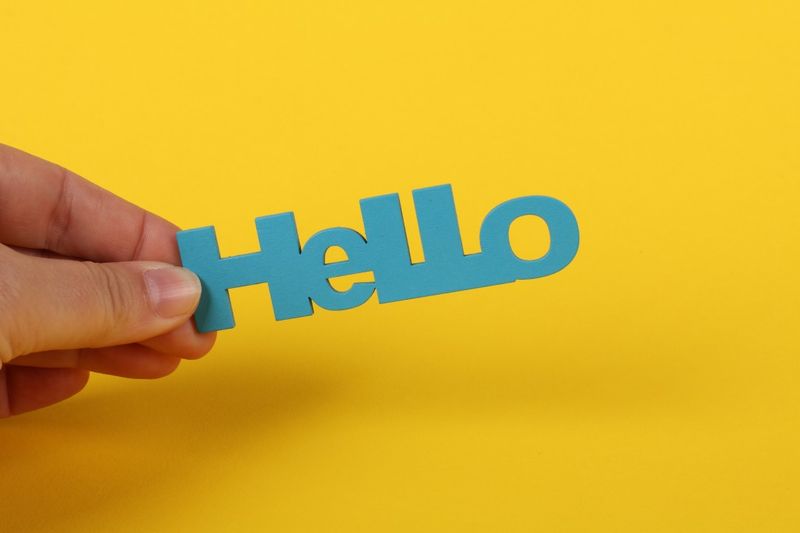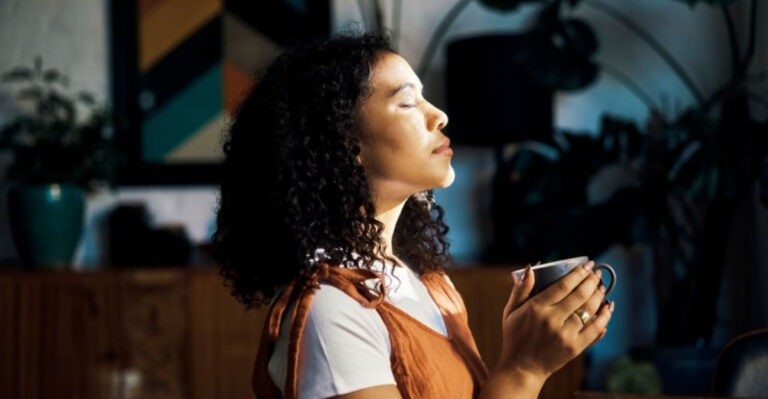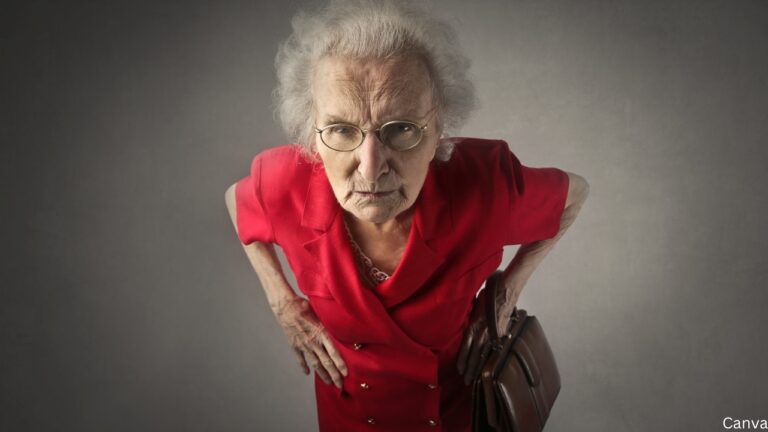Your Parents Raised You Right If You Still Do These 18 Small Things Out Of Respect
Growing up, many of us were taught the value of respect and kindness through simple, everyday actions. These small gestures, often learned from our parents, are more than just habits; they are reflections of a character grounded in respect and empathy.
In a world that moves so fast, holding on to these little traditions can make all the difference. Here are 18 small things you might still do out of respect, showing that your parents raised you right.
1. Saying “please” and “thank you” without thinking

A simple ‘thank you’ or ‘please’ can brighten someone’s day. It’s more than just words; it’s a way of acknowledging someone’s effort or assistance. When you say these words without even thinking, it shows a deeply ingrained habit of respect.
This practice is a testament to being raised with an understanding of mutual respect. It’s a small gesture, yet it speaks volumes. Such habits foster a positive atmosphere wherever you go.
Remembering to thank someone isn’t just polite; it’s a reflection of your upbringing. Did you know that these simple courtesies can also improve your mental health by fostering gratitude?
2. Holding doors open for others

Holding the door open for someone is more than a courteous gesture; it’s a moment of shared connection. This simple act reflects awareness of others and a willingness to make life a little bit easier for them.
It’s a habit that says, ‘I see you, and your comfort matters.’ From the bustling streets to quiet suburban areas, this small act transcends cultural boundaries.
In many places, it’s seen as a sign of good manners and upbringing. It’s not just about opening a door; it’s opening a path to kindness and respect.
3. Offering your seat to someone in need

Offering your seat to someone who needs it more is a generous expression of empathy and respect. Whether on a crowded bus or train, this act shows a willingness to prioritize others’ comfort over your own.
It’s a gesture that many learn from observing their parents during childhood. In today’s fast-paced world, taking a moment to stand up for someone else is a reminder of shared humanity.
This considerate action not only elevates your own spirit but also inspires others to act kindly. Fun fact: Offering your seat can even lead to unexpected conversations and connections!
4. Making eye contact when speaking

Eye contact is a powerful form of communication. It conveys sincerity, attention, and respect for the person you’re speaking with. This habit fosters trust and shows that you value the interaction.
Making eye contact is often taught as a foundational element of respectful communication. It’s about acknowledging the person in front of you and being present in the moment.
In many cultures, maintaining eye contact is seen as a sign of confidence and honesty. By practicing this, you’re not just following a social norm; you’re building meaningful connections.
5. Sending thank-you notes for gifts

Writing a thank-you note is a personal and thoughtful way to express gratitude. Unlike a quick text or email, a handwritten note shows effort and appreciation. This practice may seem old-fashioned, but it’s a timeless way to show respect.
Sending thank-you notes for gifts was a lesson many learned at a young age. It’s about acknowledging not just the gift, but the thought and effort behind it.
This small act of writing can create a lasting impression and strengthen relationships. Did you know? Writing thank-you notes can also enhance your happiness by focusing on gratitude.
6. Avoiding your phone during conversations

In an age dominated by smartphones, giving your full attention to someone can be a rare gift. Putting your phone aside during conversations shows respect and genuine interest in the other person.
This habit reflects a commitment to being present and valuing personal interactions over digital distractions. It’s a small yet significant way to convey respect and care.
Many people find that this practice enhances relationships and improves communication. Fun fact: Studies suggest that being present without distractions can increase your empathy and social connection.
7. Greeting neighbors with a smile

A friendly smile and a warm greeting can go a long way in building community spirit. It’s a simple gesture that shows friendliness and respect towards those who live near you.
Whether waving to a neighbor or stopping for a quick chat, this habit keeps you connected to your community. It’s a tradition passed down through generations, fostering a sense of belonging and neighborliness.
8. Using respectful language with elders

Using respectful language with elders is a sign of good upbringing and character. It reflects not just politeness but a genuine appreciation for the wisdom and experience that come with age.
This practice is about more than just words; it’s about showing reverence for those who have walked before us. It’s a simple way to honor their journey and contributions.
In many cultures, speaking respectfully to elders is considered a cornerstone of family values and societal norms. By doing so, you help preserve traditions and foster mutual respect.
9. Keeping your word, even on small promises

Keeping your word, even on minor promises, is a testament to your integrity. It’s about being reliable and trustworthy, qualities that are often instilled from a young age.
This habit shows that you value your commitments and respect others enough to follow through. It’s a small action, but it builds a reputation of dependability.
10. Cleaning up after yourself in public spaces

Cleaning up after yourself in public spaces is a reflection of respect for shared environments. It’s about taking responsibility for your actions and considering the well-being of others.
This practice fosters a cleaner and more pleasant community for everyone. Many learn this habit from parents who emphasize the importance of leaving places better than you found them.
It’s a small effort with a big impact on the environment and social responsibility.
11. Returning borrowed items in good condition

Returning borrowed items in good condition is a sign of respect and responsibility. It shows care for others’ belongings and appreciation for their trust.
Whether it’s a book, a tool, or a cherished item, handling it with care reflects your gratitude and consideration. This habit is often taught from childhood as a fundamental aspect of respect.
12. Waiting for everyone to be served before eating

Waiting for everyone to be served before eating is a tradition rooted in respect and patience. It’s a way of acknowledging the effort put into preparing the meal and showing consideration for others at the table.
This practice fosters a sense of unity and gratitude during shared meals. It’s a simple gesture that highlights family values and manners.
13. Complimenting effort, not just results

Complimenting effort rather than just results emphasizes the importance of hard work and determination. It’s about recognizing the journey, not just the destination.
This practice encourages growth and resilience, fostering a positive environment. It’s something many of us learned from parents who taught us to value perseverance and dedication.
By focusing on effort, you inspire others to keep trying and improve.
14. Giving a firm handshake when introduced

A firm handshake is more than a greeting; it’s a sign of respect and confidence. This traditional gesture conveys sincerity and establishes a positive first impression.
Many parents emphasize the importance of a good handshake as part of professional and social etiquette. It’s about conveying assurance and respect in both personal and professional interactions.
15. Saying hello and goodbye when entering and leaving

Greeting people with a simple ‘hello’ and saying ‘goodbye’ when leaving are timeless gestures of respect and warmth. These small courtesies show acknowledgment of others and appreciation for their presence.
It’s a habit that many of us adopt from watching our parents and grandparents. It fosters a sense of community and connection, making people feel valued.
16. Apologizing sincerely when wrong

Apologizing sincerely when you’re wrong is a sign of maturity and respect. It’s about taking responsibility and acknowledging the impact of your actions.
This habit shows integrity and a willingness to mend relationships and learn from mistakes. It’s often taught as a vital part of personal growth and respect for others.
17. Standing up when someone enters the room

Standing up when someone enters the room is a traditional gesture of respect and acknowledgment. It shows that you recognize their presence and are ready to engage.
This practice is a sign of good manners, often instilled from a young age as part of respectful behavior. It’s about honoring others and making them feel valued.
18. Leaving a place better than you found it

Leaving a place better than you found it is a principle of respect for the environment and community. It’s about taking responsibility for your surroundings and contributing to a better world.
This habit reflects a caring attitude towards shared spaces and is often a lesson taught by environmentally conscious parents. It’s a simple yet impactful way to make a positive difference.







